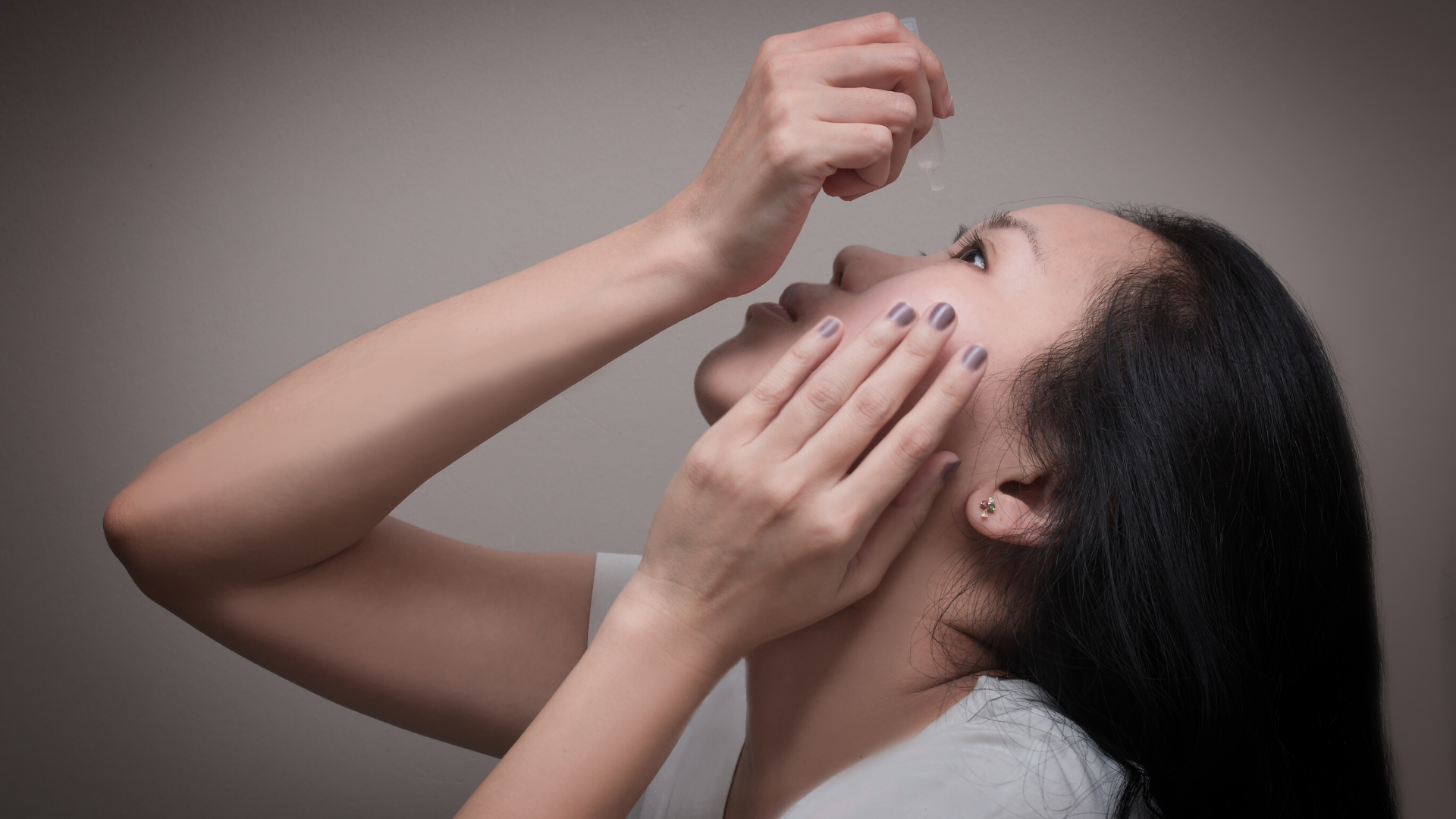By Erica Laceria on May 27, 2020 @ 02:05 PM
"I'm not tired, but my eye is red-what could it be?" Generally, when people have red eyes or "blood-shot" eyes, the first thing they think of is fatigue. While extreme tiredness can cause the blood vessels in the eyes to increase in size, this is not always the case.
Key Takeaways:
-
Red eyes are not always a sign of fatigue. They can result from various factors.
-
Our eyes are vulnerable to numerous irritants, such as dust, cosmetics, and household chemicals, which can lead to inflammation. Mild conditions like allergies, blepharitis, conjunctivitis, and styes can cause redness and irritation.
-
More serious issues, such as acute glaucoma, endophthalmitis, corneal ulcers, and eye injuries, require immediate medical attention.
-
It's crucial to consult a doctor to determine the cause of red eyes and follow the recommended treatment to prevent complications and maintain eye health.
Our eyes are exposed to many potential hazards that can cause inflammation. A good gust of wind can blow dust and other fine debris into the eyes. Some cosmetics can flake and cause inflammation. Of course, very few people don't know about the effects of getting soap or shampoo in the eyes while taking a shower.
If you're experiencing some irritation and aren't sure why, take some of the following points into consideration:
Mild Conditions
- Allergies. You may not be aware of an allergy that only affects the eyes because most people associate allergies with sneezing or itching. Dust and pet dandruff can find their way to your eyes by getting onto your hands. When some airborne irritant causes you to instinctively rub your eyes, the allergen then gets in and leaves your eyes red and often itchy.
- Chemicals in the home. Many cleaners and air fresheners leave small particles that splash back or hang in the air for awhile shortly after use. Walking through a cloud of them can cause them to get into your eyes. The old stereotype of crying while chopping onions comes from the spray of the onion juices getting into the eyes.
- The eyelid margin can become inflamed. This condition is known as "blepharitis", which can lead to redness in the eyes. This is usually caused by poor hygiene around the eyes.
- Conjunctivitis. Commonly called "pink-eye", conjunctivitis an inflammation of the outermost layer of the eye and the inside layer of the eyelid. There are many different types of conjunctivitis and many different causes.
- The common cold. This can be a sign of a cold, your eyes become red as the body taxes itself to fight off the infection.
- Using eye-drops for a long time. Believe it or not, constant eye-drop usage can lead to a condition called "medicamentosa", which is caused when your eyes develop sensitivity to the eye-drops.
- Styes. Inflammations on the eyelid caused by bacteria, can cause bumps to form on the eyelid that irritate the eyes, otherwise known as a stye.
Serious Conditions
All of these things are usually minor conditions requiring light medical care at the most. However, there are more serious conditions that could require immediate medical attention. These conditions include:
- Acute glaucoma. You may experience this if you feel increase in pressure in the eye. This can be caused by an injury to the eye, poor blood flow, or optic nerve damage.
- Endophthalmitis. This is an infection inside the eyeball itself. It is a common complication from eye procedures such as cataract surgery. It can lead to a loss of vision in the affected eye without medical attention.
- Corneal ulcers. Often caused by a lack of Vitamin A, ulcers can also lead to a loss of vision in both eyes.
- Eye injuries. The most common cause of red eye requiring medical attention - particularly when caused by something penetrating the eyeball.
In these instances, immediate medical help is recommended. While red eye is often a mild condition and doesn't do any permanent damage, there are cases where if left untreated, significant harm can be done to the eyes. It's important to see your doctor to identify the cause of the irritation ahead of time. Once you have a diagnosis, stick to the treatment plan your doctor recommends - not only will this help reduce the risk of complications, it will help ensure that you maintain good visual health.
Want to have Solstice benefits? Call our sales team at 877.760.2247 or email Sales@SolsticeBenefits.com
Already have Solstice benefits? See your plan details by going to https://www.mysmile365.com/ or calling us at 1.877.760.2247.





comments